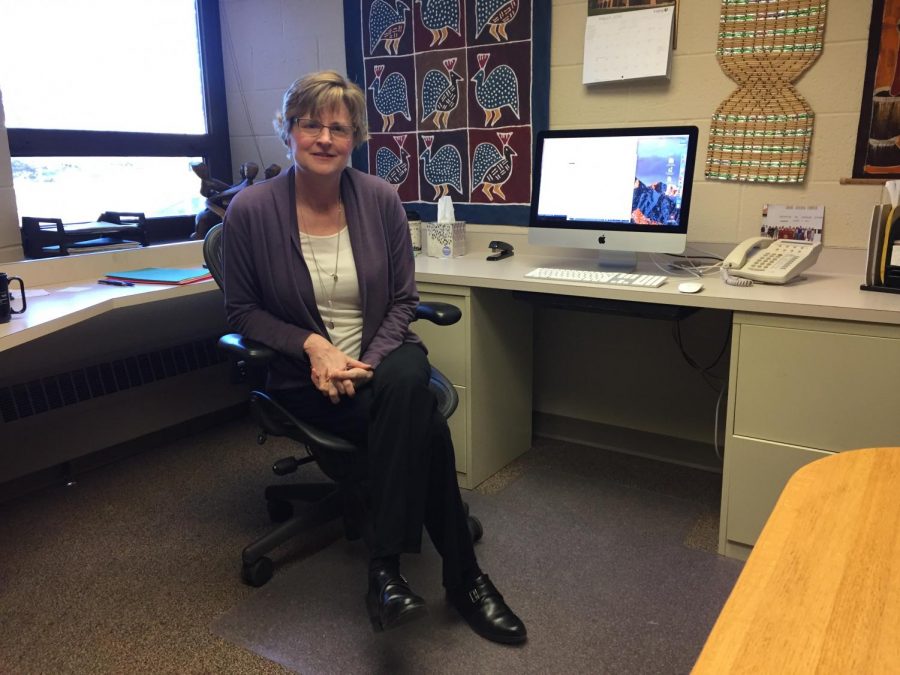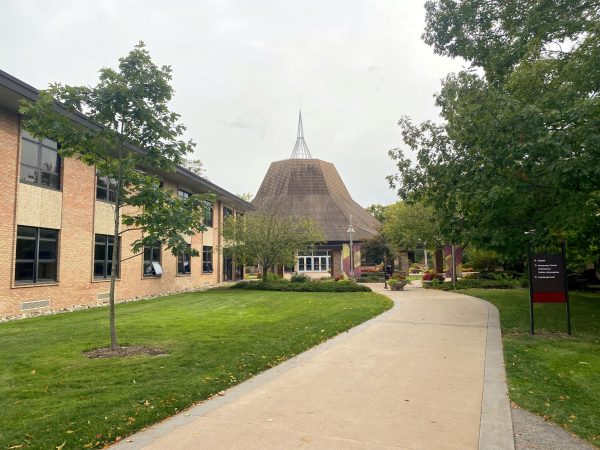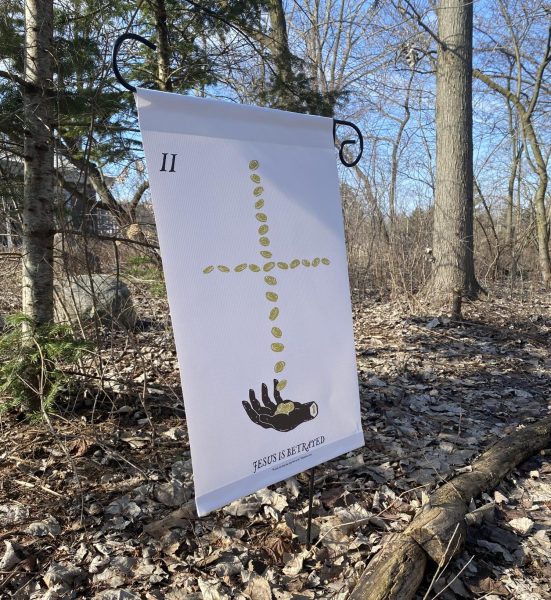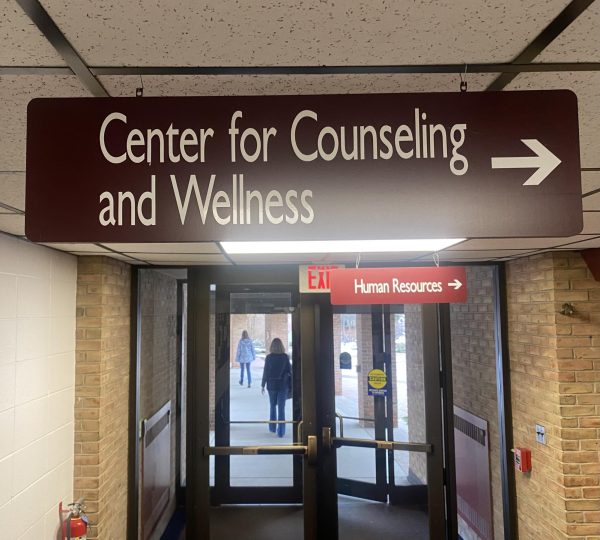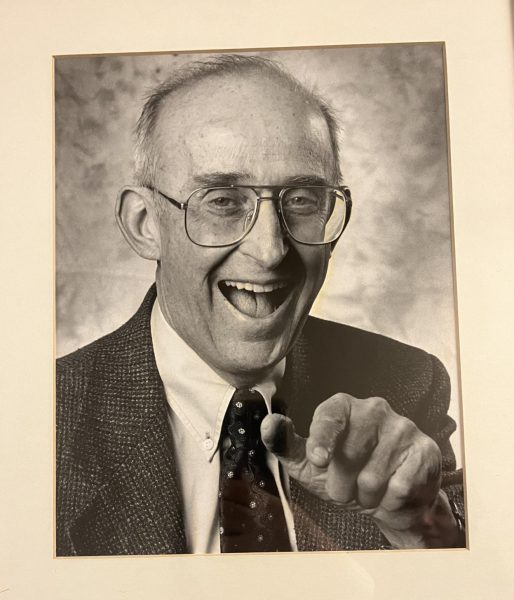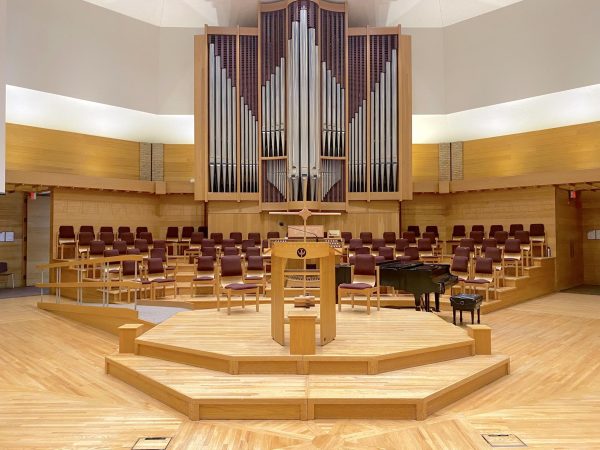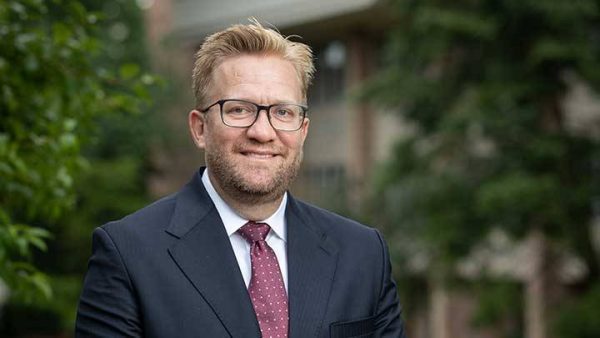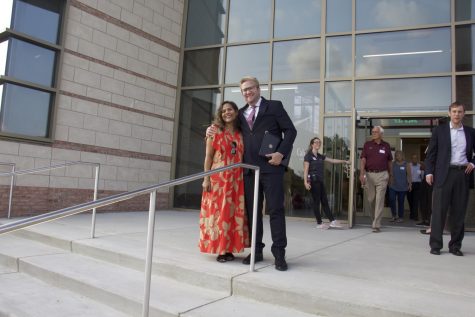IDS professor and colleagues awarded $25,000 for study
According to Calvin’s website, the research done by Kuperus “has focused on church-state relations in South Africa and the interaction between civil society and democratization in southern Africa.” Photo by Juliana Knot.
The Global Religion Research Initiative from Notre Dame awarded international development professor Tracy Kuperus and colleague $25,000 to study the effect of Christian institutions on the political involvement of African youth.
Kuperus and her five other colleagues came up with the idea roughly a year ago as a combination of their fields of study: African politics, Christianity and youth.
The study will be focused on 18-35 year olds in Tanzania, Ghana and Uganda. Two scholars will be studying each country, pairing one scholar representing his or her respective African country and an American scholar.
According to Kuperus, this is unique because American and European scholars have conducted most of the studies done on African politics. She looks forward to having a partner familiar with the language, culture and people they are studying.
The study will do multi-method research, which means that the team will be conducting interviews with both ecumenical leaders and youth activists and focus groups with both religious and non-religious youth.
The team will divide the $25,000 six ways for each member. Most of the money will go to transportation, food and lodging.
Kuperus is eager to study the church’s impact on the political engagement of African youth because most similar studies focus on economic motivators, not religious ones.
Additionally, she says that the study gives a different perspective on the role of the church.
“Not enough of [studying on the church’s effect on politics] is done. We look at how the church affects us spiritually, which is good, but we also need to study how it impacts us politically,” Kuperus said.
Kuperus became interested in how Christian institutions affect democratization during the 1980s when apartheid was at its peak in South Africa. As a Dutch Calvinist herself, she struggled to reconcile her identity with the injustices happening “at the hands of other Dutch Calvinists in South Africa who were part of a church that legitimated apartheid both biblically and theologically.”
She also hopes to challenge the stereotype that young Africans are apathetic to their political situation. The research she and her team have done so far has shown that their subjects are politically invested.
Kuperus also wants to emphasize that politics can be “a force for good in the world.”
She said that it is easy to become cynical about politics but that it has created and continues to create positive results.
“Any effort that shows how political engagement can foster flourishing community is worth doing,” she said.




